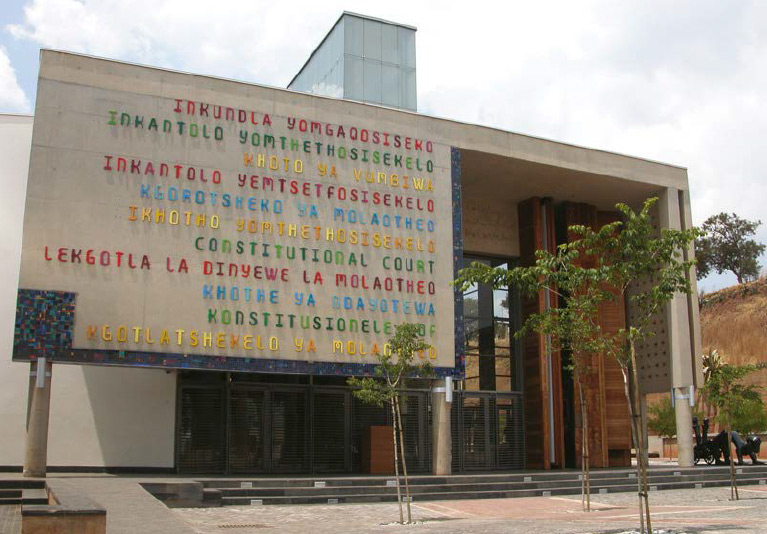By Koketso Molotsi, ProBono.Org intern
South Africa has one of the most inclusive Constitutions in the world, yet frequently ordinary people do not know the powers of the Constitution. It has recently been made more visible because of the well-publicised “Nkandla” case, which was heard in the Constitutional Court.
Even when people see the Constitution being put into practice, few people have a real understanding as to how it relates to them. A perfect example is Section 36 of the Constitution, which outlines the Limitation of Rights. The section provides that the rights in the Bill of Rights may be limited only to the extent that the limitation is reasonable and justifiable in an open and democratic society based on human dignity, equality and freedom, taking into account all relevant factors.
To illustrate, I will use a case regarding a deceased estate and its surviving heirs. J and B are brothers whose mother died intestate. J went to the Master’s Office to report the estate but falsified facts by saying he was the only surviving heir of his mother’s estate. He was then issued with Letters of Authority. Subsequently J transferred his late mother’s property to himself and then sold the property to a third party. B now seeks legal assistance to reverse the title back into his mother’s deceased estate.
The problem the court would be faced with is how to remedy the matter. Should the court reverse title back into the deceased’s estate? What happens to the innocent third party who bought the house from J? Does the third party seek restitution from J for fraudulently selling him the house? Does B claim his half share of the sale of the estate from J? All these scenarios are things clients may not take into consideration when seeking legal assistance or when they say with conviction that the Constitution protects them and that they have rights. It is good that there are discussions amongst ordinary people about the Constitution, but now the conversation needs to be taken to a higher level where people are no longer just scratching the surface. People need to be educated on how the Constitution works for them in their day to day lives, making them understand that while we all have rights which are protected by the Constitution, these rights are limited and that these rights cannot infringe on the rights of others.
READ THE FULL NEWSLETTER HERE





